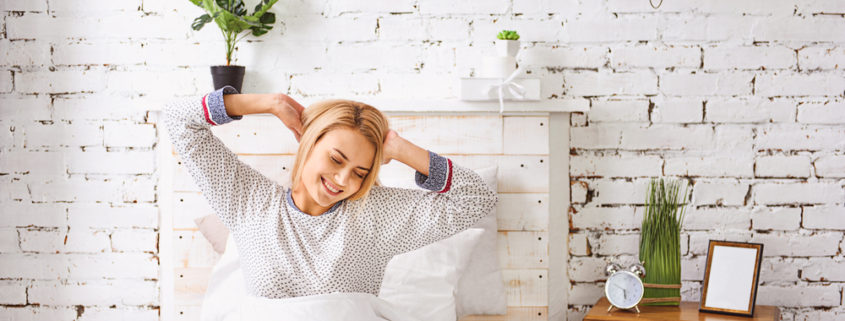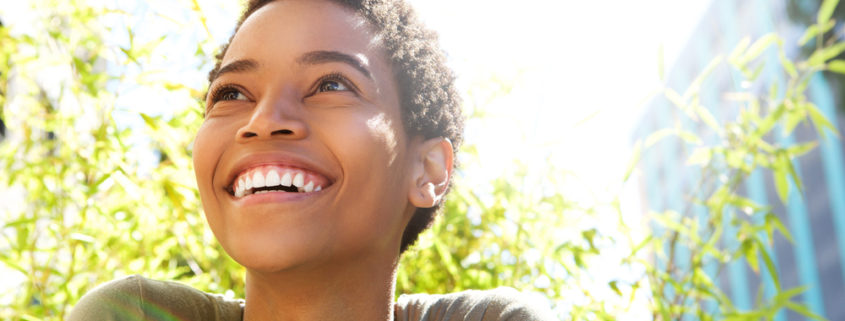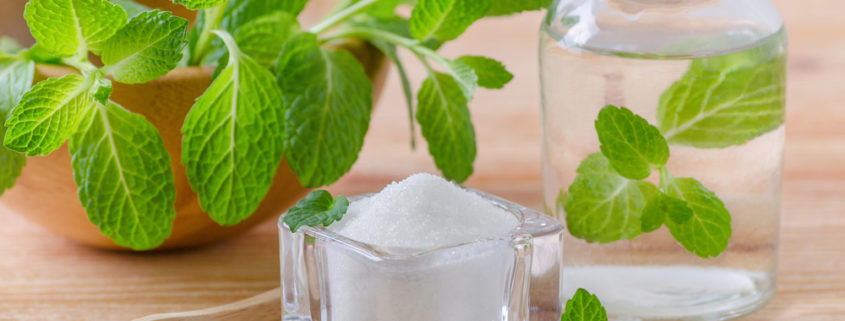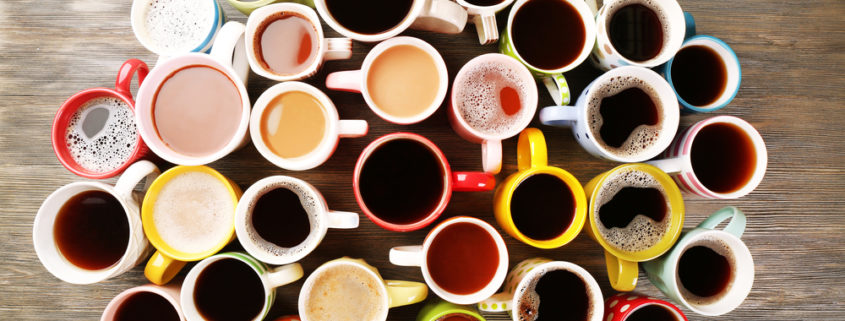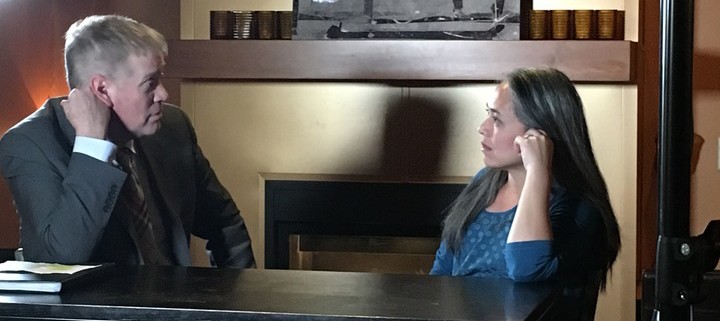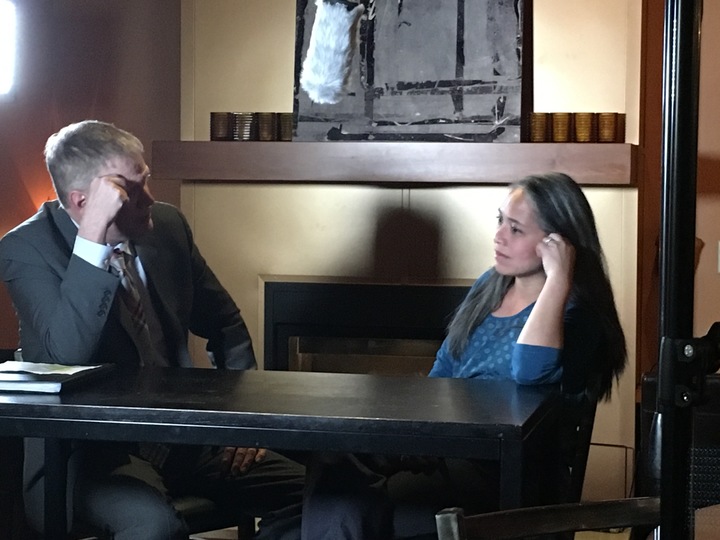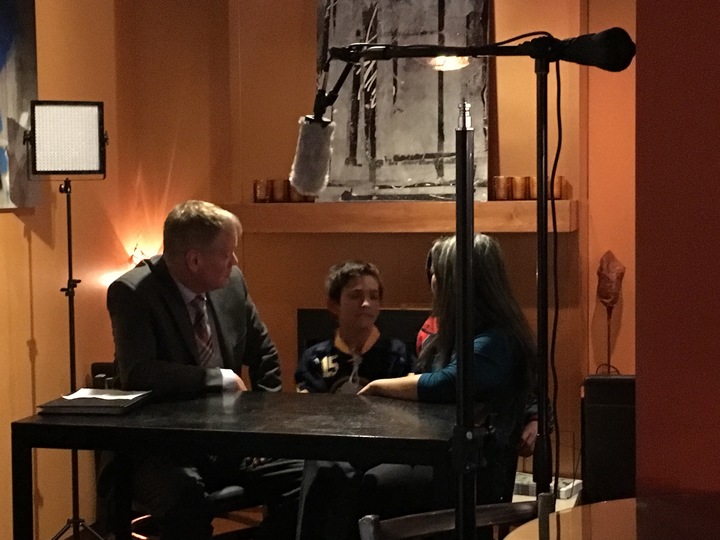Do Dental Sleep Apnea Devices Really Work?
Your dentist recently asked you about your sleeping habits; whether you were having trouble sleeping, if your partner complained about snoring, etc. You answered “yes” to all of her questions, and she mentioned Sleep Apnea as a potential culprit, suggesting some dental treatments that could help you overcome it. You were taken aback. Is Sleep Apnea something that a dental professional can treat? The answer to this question is also “yes.”
Common complaints about clunky and uncomfortable CPAP machines have driven many to pursue more natural alternatives to Sleep Apnea treatment, especially those provided by the dental field. Learn more about dental Sleep Apnea devices and how they are helping sufferers of mild to moderate symptoms!
What is Sleep Apnea?
Obstructive Sleep Apnea (OSA) impacts an estimated 22 million Americans each year. It occurs when the muscles and tissue in the throat and mouth relax during sleep, causing the airways to narrow to the point of blocking (obstructing) the flow of air. Snoring is a result of partial obstruction; when breathing is fully obstructed, the oxygen level of the blood drops, and the central nervous system kicks in to alert the lungs to take a deep breath. When this happens, the individual suffering from Sleep Apnea will wake up choking and gasping for air. These episodes typically occur multiple times per hour over the course of a night’s sleep, leaving the individual exhausted the next day. Learn more about the causes and effects in our blogs, What is Sleep Apnea? and Can Sleep Apnea Affect My Health?
What are Dental Sleep Apnea Devices and Do They Work?
When people think of treatment for Sleep Apnea, they typically think of CPAP (continuous positive airway pressure) machines. These machines keep airways open at night by delivering continuous air to the individual suffering from Sleep Apnea via a tube connected to a mask. Unfortunately, these machines are uncomfortable to many people. Approximately 40% of people who are given CPAP machines to treat their Sleep Apnea quit using them. The most common complaints include:
- The mask is uncomfortable, and can irritate the skin
- The tube gets in the way during sleep, sometimes to the point of knocking the mask off
- The machine is too loud, agitating the user and/or their partner
- The pressurized air is too much to tolerate
- The system dries-out nasal passages
These issues with the CPAP machine and the desire to pursue more natural treatment methods have driven many sufferers of Sleep Apnea to look for alternatives. Dental Sleep Apnea devices are one of the most popular alternatives, especially considering they can be covered by Medicare and other forms of insurance, unlike other options.
One of the most common devices is the Mandibular Advancement Device (MAD). It is most comparable to an athletic mouth guard. Instead of pushing air through the airways, it works by gently moving the lower jaw (pushing it down and forward) to open them. These devices are preferred for their natural simplicity, ease of transportation, and silence. A study conducted by the Journal of the American Medical Association (JAMA) indicated that devices like MAD work for people with mild to moderate Sleep Apnea, but not for people with moderate to severe, who should still be using CPAP machines. Here’s what determines mild to moderate to severe Sleep Apnea:
- Mild – 5-14 episodes of breathing interruptions per hour at night
- Moderate – 15-30 episodes of breathing interruptions per hour at night
- Severe – 30 or more episodes of breathing interruptions per hour at night
In conclusion, dental Sleep Apnea devices like MAD will work for people who experience about 10-20 interruptions per hour during the course of a night’s sleep. They are the best option for sufferers of Sleep Apnea who find CPAP machines unnatural, uncomfortable or cannot stick to their CPAP routine. If you would like to learn more about this natural alternative to CPAP, sleep apnea dentist Dr. Owen Mandanas would be happy to speak with you about your options for a healthier, happier night’s sleep!

